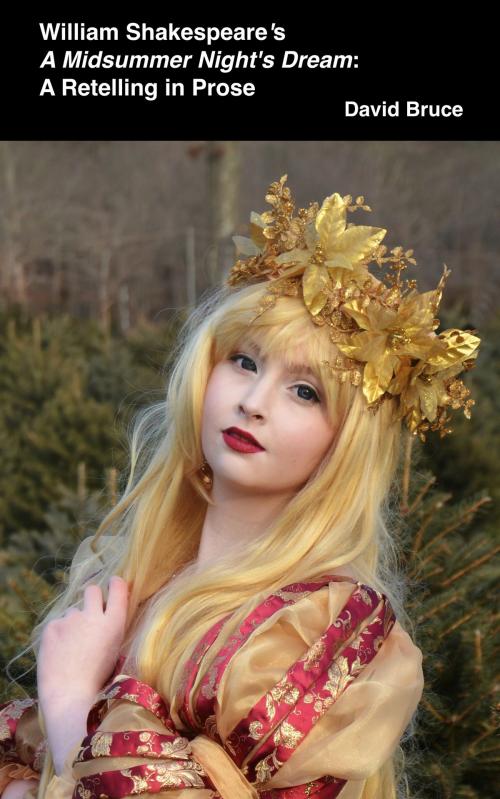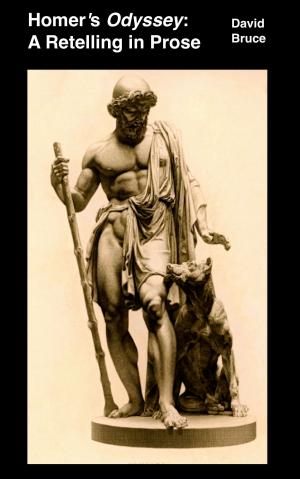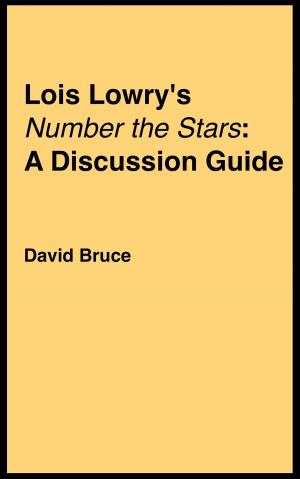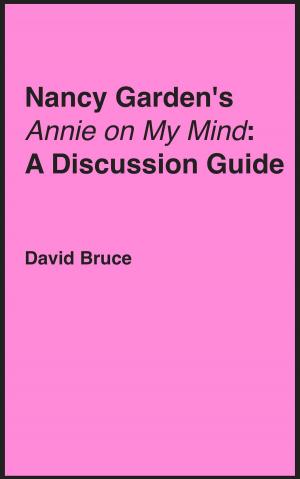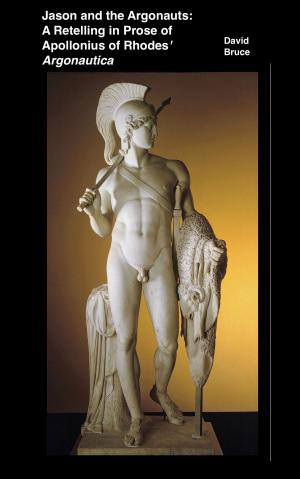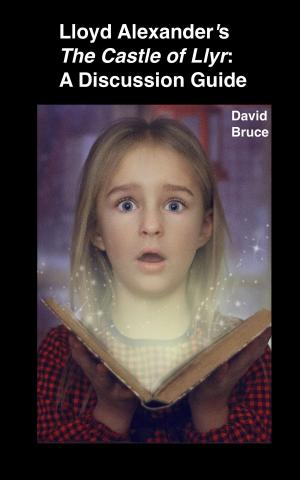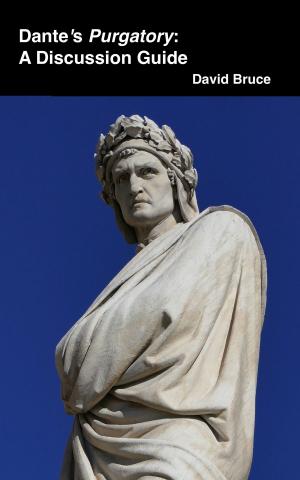William Shakespeare's "A Midsummer Night's Dream": A Retelling in Prose
Fiction & Literature, Humorous, Classics| Author: | David Bruce | ISBN: | 9781311896667 |
| Publisher: | David Bruce | Publication: | December 18, 2013 |
| Imprint: | Smashwords Edition | Language: | English |
| Author: | David Bruce |
| ISBN: | 9781311896667 |
| Publisher: | David Bruce |
| Publication: | December 18, 2013 |
| Imprint: | Smashwords Edition |
| Language: | English |
I would like to see my retellings of classic literature used in schools, so I give permission to the country of Finland (and all other countries) to buy one copy of this eBook and give copies to all students forever. I also give permission to the state of Texas (and all other states) to buy one copy of this eBook and give copies to all students forever. I also give permission to all teachers to buy one copy of this eBook and give copies to all students forever.
Teachers need not actually teach my retellings. Teachers are welcome to give students copies of my eBooks as background material. For example, if they are teaching Homer’s “Iliad” and “Odyssey,” teachers are welcome to give students copies of my “Virgil’s ‘Aeneid’: A Retelling in Prose” and tell students, “Here’s another ancient epic you may want to read in your spare time.”
The major theme of "A Midsummer Night’s Dream" is love and the silly things it makes us do:
Love can make us see a distinction where no real distinction exists. Lysander and Demetrius are virtually alike, and Hermia and Helena are very much alike.
Love can make us desire someone who is totally unsuitable for us. For a while, Titania loves the ass-headed Bottom.
Love can make us blind to the loved one’s faults.
Love can make us jealous.
Love (and jealousy) can make friends enemies.
Love can make us quarrelsome.
Love can make us fickle.
We can fall in and out of love very quickly, and we can love, then not love, and then love again the same person.
If we are rejected, love can make us have low self-esteem. Helena has very low self-esteem for much of A Midsummer Night’s Dream.
Love can make us chase after someone who hates us.
Love can make us attempt to use reason to explain love although love is a nonrational emotion. Lysander does this.
Love is not irrational, although it can make people act in silly ways. Love is nonrational.
If a tall woman steals your boyfriend, you may think that she was able to steal him because she is tall and you are short.
One of the best comments on the nonrationality of love is made by Bottom: “And yet, to say the truth, reason / and love keep little company together nowadays.”
I would like to see my retellings of classic literature used in schools, so I give permission to the country of Finland (and all other countries) to buy one copy of this eBook and give copies to all students forever. I also give permission to the state of Texas (and all other states) to buy one copy of this eBook and give copies to all students forever. I also give permission to all teachers to buy one copy of this eBook and give copies to all students forever.
Teachers need not actually teach my retellings. Teachers are welcome to give students copies of my eBooks as background material. For example, if they are teaching Homer’s “Iliad” and “Odyssey,” teachers are welcome to give students copies of my “Virgil’s ‘Aeneid’: A Retelling in Prose” and tell students, “Here’s another ancient epic you may want to read in your spare time.”
The major theme of "A Midsummer Night’s Dream" is love and the silly things it makes us do:
Love can make us see a distinction where no real distinction exists. Lysander and Demetrius are virtually alike, and Hermia and Helena are very much alike.
Love can make us desire someone who is totally unsuitable for us. For a while, Titania loves the ass-headed Bottom.
Love can make us blind to the loved one’s faults.
Love can make us jealous.
Love (and jealousy) can make friends enemies.
Love can make us quarrelsome.
Love can make us fickle.
We can fall in and out of love very quickly, and we can love, then not love, and then love again the same person.
If we are rejected, love can make us have low self-esteem. Helena has very low self-esteem for much of A Midsummer Night’s Dream.
Love can make us chase after someone who hates us.
Love can make us attempt to use reason to explain love although love is a nonrational emotion. Lysander does this.
Love is not irrational, although it can make people act in silly ways. Love is nonrational.
If a tall woman steals your boyfriend, you may think that she was able to steal him because she is tall and you are short.
One of the best comments on the nonrationality of love is made by Bottom: “And yet, to say the truth, reason / and love keep little company together nowadays.”
